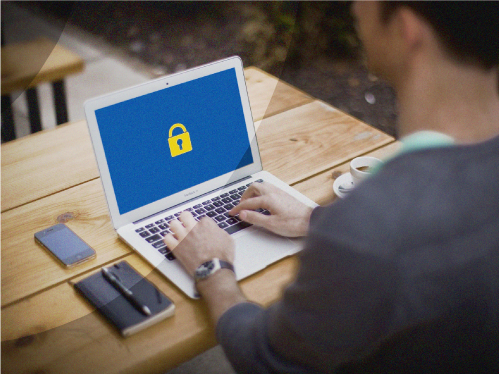
Information Security Management
ISO 22301, Management system for management of risks, incidents and business recovery (BCMS)
ISO 22301:2019, Security and resilience – Business continuity management systems is System for fast recovery of the company after incidents happened. It specifies requirements to plan, establish, implement, operate, monitor, review, maintain and continually improve a documented management system in order to protect against, reduce the likelihood of occurrence, prepare for, respond to, and recover from disruptive incidents when they arise. It is intended to be applicable to all organizations, or units, regardless of type, size and nature of the organization.
Disasters and emergencies usually happen suddenly and unexpectedly. Implementation of business continuity management enables identifying risks and potential for improvement, and ensuring sustainable success to get the organization safely through the crisis, not only safeguarding business operations but also enhancing overall organizational resilience and preparedness for fast response to any crisis.
Organizations that implement a business continuity management system (BCMS) based on the requirements of ISO 22301 can undergo a formal assessment process through which they can obtain accredited certification against this standard. A certified BCMS demonstrates to internal and external stakeholders that the organization is adhering to good practices in business continuity management.
Business benefits include:
- Protect assets, turnover and profits.
- Conduct an independent assessment of your security.
- Prevent large scale damage.
- Safeguard profits and assets.
- Reduce risk associated direct and indirect costs.
- Reduce insurance premiums.
- Reducing legal and financial risk.
ISO 27001, Management system for information security (ISMS)
System for managing of security of all company information, regardless where they are kept
ISO/IEC 27001 is the world’s best-known standard for information security management systems (ISMS). It defines requirements an ISMS must meet. It provides companies of any size and from all sectors of activity with guidance for establishing, implementing, maintaining and continually improving an information security management system.
Conformity with ISO/IEC 27001 means that an organization or business has put in place a system to manage risks related to the security of data owned or handled by the company, and that this system respects all the best practices and principles enshrined in this International Standard.
Business benefits include:
- Resilience to cyber-attacks
- Preparedness for new threats
- Data integrity, confidentiality and availability
- Security across all supports
- Organization-wide protection
- Cost savings
This standard is part of a set of standards developed to handle information security: the ISO/IEC 27000 series. ISO 27001 is the most important part of that set because it describes how to manage all aspects of security.
Implementing an ISMS according to the leading management system standard for information security, ISO/IEC 27001 ensures effective information security management for your company overall. Furthermore, it’s regarded and recognized as a solid foundation for a subsequent TISAX assessment.
With cyber-crime on the rise and new threats constantly emerging, ISO/IEC 27001 helps organizations become risk-aware and proactively identify and address weaknesses, and finally achieve management of cyber-risks.
ISO/IEC 27001 promotes a holistic approach to information security: vetting people, policies and technology. An information security management system implemented according to this standard is a significant and valuable tool for risk management, cyber-resilience and operational excellence.